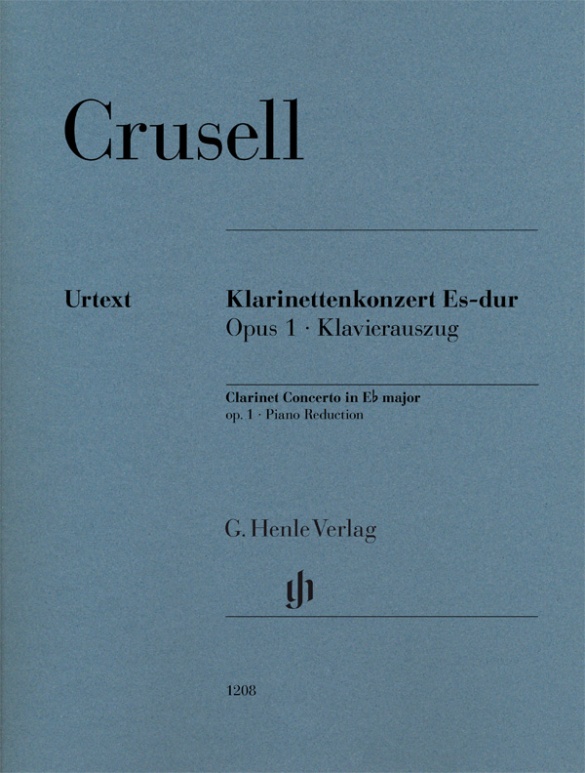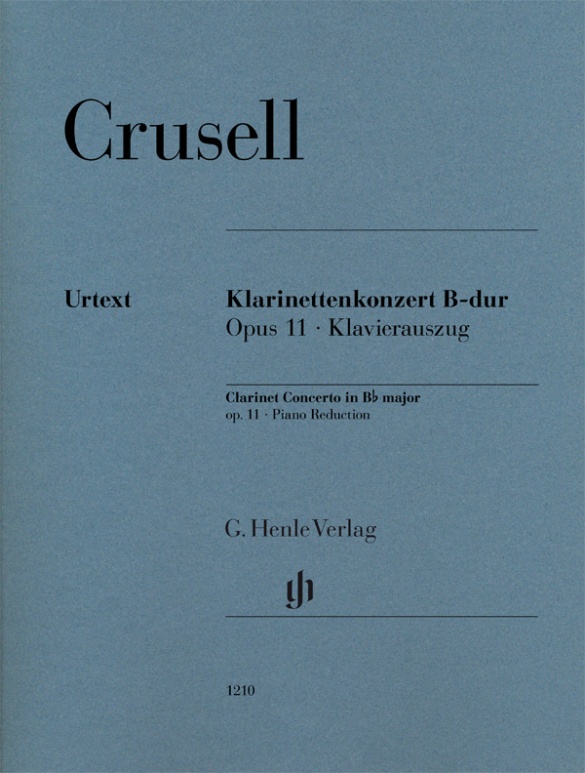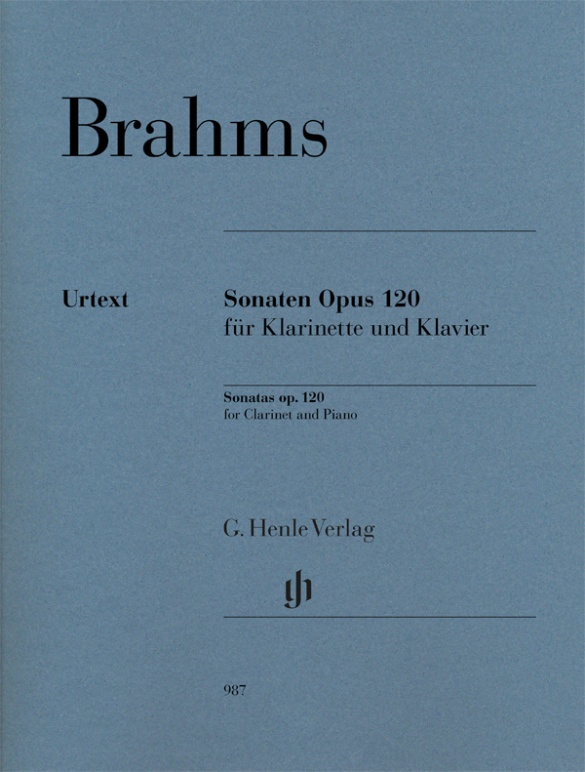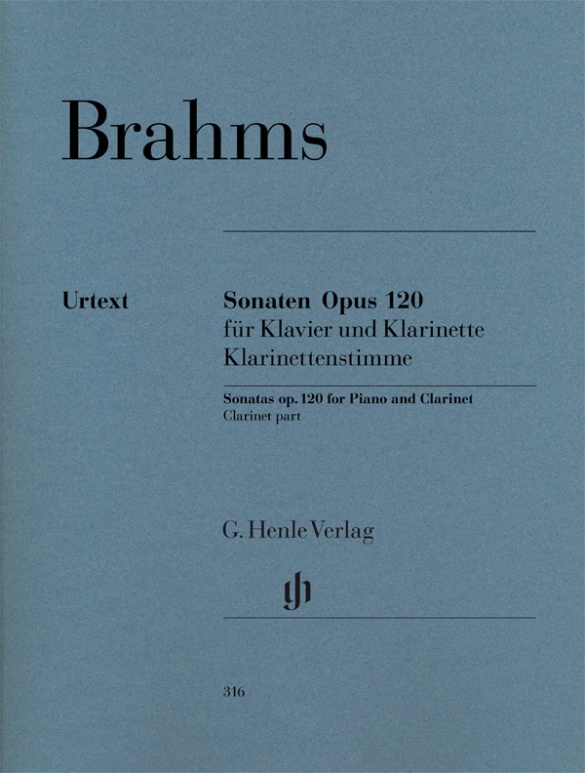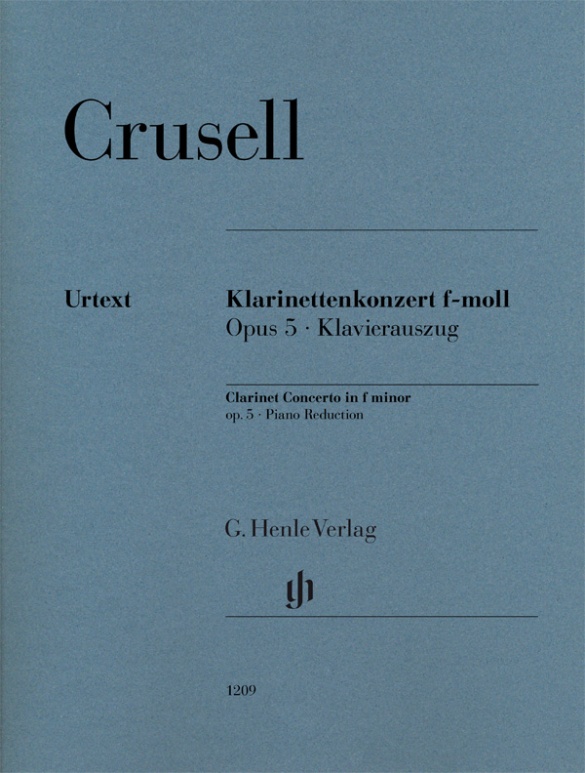

Bernhard Henrik Crusell
Clarinet Concerto f minor op. 5
The Swedish composer Bernhard Henrik Crusell was long viewed as an insider tip among clarinettists; in the meantime, his concertos have found their way to the concert stage. This is hardly surprising considering the enchanting music with which Crusell – himself a clarinet virtuoso of international rank – has enriched the earlyromantic repertoire. Crusell’s works needn’t shy from a comparison with Weber’s and Spohr’s clarinet output. Our Urtext edition of the f-minor concerto marks the beginning of a new publication series of all three clarinet concertos by Crusell which has been entrusted to the editor and clarinettist Nicolai Pfeffer. Since he combines editorial experience with many years of performance practice, the works are in the best possible hands.
Content/Details
(Explanation)
About the Composer
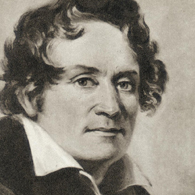
Bernhard Henrik Crusell
Clarinetist and composer from Finland. During his lifetime his early-Romantic compositions were extremely popular even outside Scandinavia. He wrote challenging concerti for clarinet, as well as chamber music. Stemming from his interest in folk music came songs on texts by Swedish poet Esaias Tegnér. He also translated numerous opera libretti into Swedish.
| 1775 | Born in Uusikaupunki on October 15. |
| around 1783 | He receives clarinet lessons from an army clarinetist. |
| 1788 | On the initiative of Major Olof von Wallenstjerna he becomes a volunteer in the music corps of the king’s widow’s personal regiment. |
| 1790 | Moves to Stockholm, where he is appointed director of the regimental band. |
| 1793–1833 | Appointed by royal music director Georg Joseph Vogler, he becomes first clarinetist of the Court Orchestra. |
| 1798 | Takes lessons in Berlin with Franz Wilhelm Tausch. Performances in Berlin and Hamburg as soloist. |
| from 1803 | Studies composition in Paris with Henri-Montan Berton and François-Joseph Gossec. He meets the first clarinetist of the opera orchestra, Jean-Xavier Lefèvre. |
| 1818 | He is music director for the military bands of the royal bodyguard infantryman regiments in Stockholm. |
| 1822 | A trip to Carlsbad takes him through Berlin and Dresden, where he meets Felix Mendelssohn Bartholdy, Carl Maria von Weber, and Giacomo Meyerbeer. |
| 1824 | His opera Den lilla slavinnan (The Little Slave Girl) is published in Stockholm. |
| 1838 | Dies in Stockholm on July 28. |
About the Authors
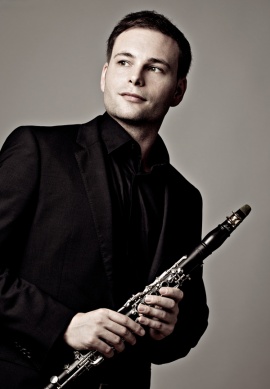
Nicolai Pfeffer (Editor)
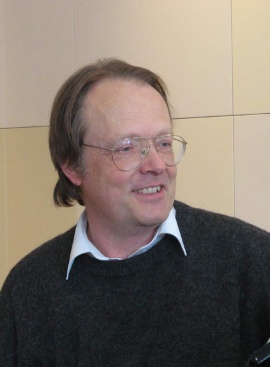
Johannes Umbreit (Piano reduction)
Prof. Johannes Umbreit studied the piano at the Musikhochschule in Munich. From 1987 onwards he was a regular accompanist at courses given by Wolfgang Schneiderhan, Thomas Brandis, Ljerko Spiller, Igor Ozim, Olga Woitowa, Ernő Sebestyén, Walter Nothas, F. Andrejevsky, Denis Zsigmondy and Zakhar Bron amongst others. He has appeared in numerous radio and TV broadcasts and plays chamber music with members of the Bavarian State Orchestra, the Munich Philharmonic Orchestra and the Bavarian Radio Symphony Orchestra.
He is on the jury of different international competitions and has been invited to several international music festivals. Umbreit was a teacher for almost ten years at the Musikhochschule in Munich and at the same time a lecturer for chamber music and piano accompaniment at the Richard Strauss Conservatory. Since 2008 he has been a lecturer at the Hochschule für Musik und Theater München. As the long-serving managing director of the Richard-Strauss-Gesellschaft, he was made an honorary member of the board in 2009. In May 2011, the Bavarian Minister of Culture appointed Johannes Umbreit an honorary professor of the Hochschule für Musik und Theater München on the suggestion of its academic senate.
Product Safety Informations (GPSR)

G. Henle Verlag
Here you can find the information about the manufacturer of the product.G. Henle Verlag e.K.
Forstenrieder Allee 122
81476 München
Germany
info@henle.de
www.henle.com
Nicolai Pfeffer has done exhaustive research for these editinos by consulting the extant early sources.
The Clarinet, 2016推荐
autogenerated_cross_selling
本书目其他版本
本书目其他版本


